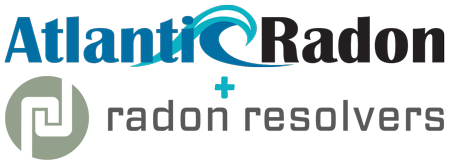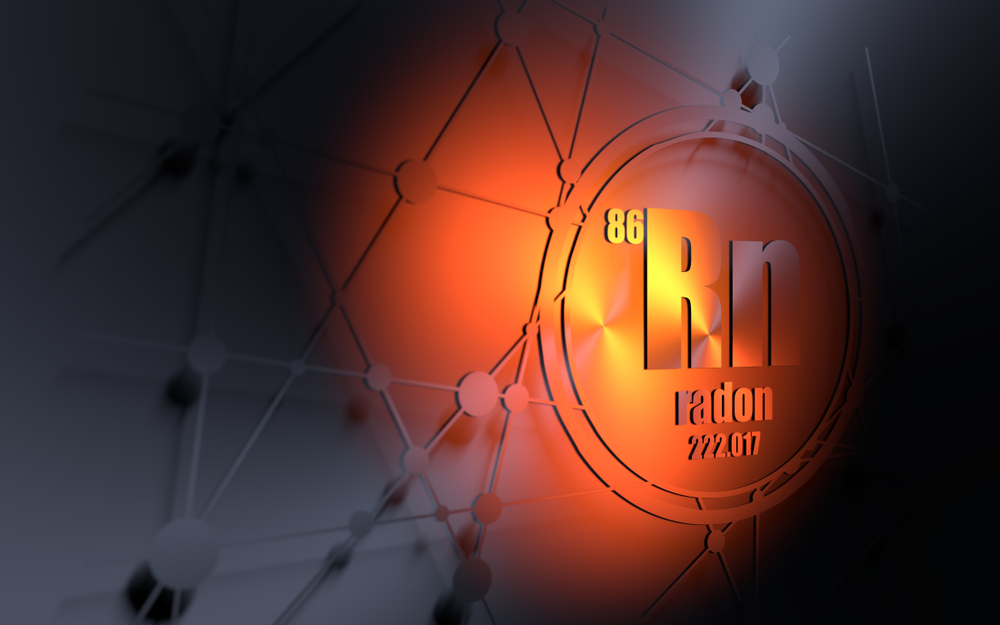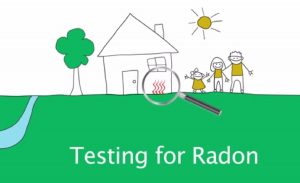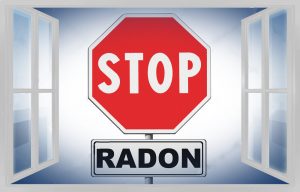Radon is a radioactive gas that is present all around us. We are constantly being exposed to it all around the world. This is quite a common gas that is present both indoors and outdoors. However, it is only dangerous when you are exposed to large amounts of it inside enclosed spaces. You can alleviate some of this risk through radon mitigation practices.
The biggest problem with this gas is that it is undetectable by human senses. As such, you could be breathing in large volumes of it. And you would never know that you are harming yourself until it is too late. In the US alone, it is estimated that 1 in every 15 homes has high levels of radon gas. So, there is a very high possibility that your home could be affected as well.
This is why it is important that you are aware of what radon is. Know how it is affecting you, and what radon mitigation actions you can take. Let’s explore further below.
Radon gas – An explanation
Radioactive metals such as Radium are quite abundant. While underground, these metals tend to decay in the soil as all radioactive metals do over time. When it does, it releases radon gas into the ground. With nowhere to go, the gas seeps out of the ground and into the air around us.
In the outdoors, the gas is carried away by wind and not allowed to accumulate and so does not cause harm to our bodies. However, radon gas also seeps into properties through all the openings at the bottom of the house. This can be the drain pipes or cracks in the foundation. Once it enters your home and finds a place to settle (especially lower ground areas such as the basement), it will continue to build up in that area.
There is no way to stop this gas from seeping out of the ground as it is naturally occurring. So, unless you have radon-prevention measures in place, radon gas can collect in places around your house. Also, since gas is constantly in motion, it will spread to various areas inside the home.
How can radon be so deadly?
Every time you breathe in radon gas, you are breathing in radioactive particles. They lodge themselves in the lung lining where the particles radiate. It can then penetrate the cells of the mucous membrane and other areas. In small quantities, this won’t cause much harm. With continued exposure, it will eventually damage these cells. This leads to a high risk of lung cancer.
Radon itself can be extremely harmful over long periods. But, there are other factors that are affecting the current state of conditions as well.
- Covid-19 – If your home has high radon levels you are unknowingly spending more time breathing in the gas.
- Smoking – Research states that radon-related lung cancer is further exacerbated if you smoke. Or, if you’re in the presence of smokers. In fact, you are almost ten times more likely to get lung cancer if you are exposed to both radon and cigarette smoke.
What should be your next steps for Radon Mitigation?
If you have never tested for radon, contact a professional radon mitigation company. The Atlantic Radon team can send out professionals to your home and conduct a full inspection. If there is a serious radon problem, we will inform you about it. We will also advise to the radon mitigation tactic that would work best for your home and problem.
Atlantic Radon has the expertise and experience necessary to deal with radon problems. It would be the better choice over testing for radon yourself as you wouldn’t know exactly what else to look for. Safeguard your and your family’s health today. Schedule an inspection with us and get a free estimate before you pay!




